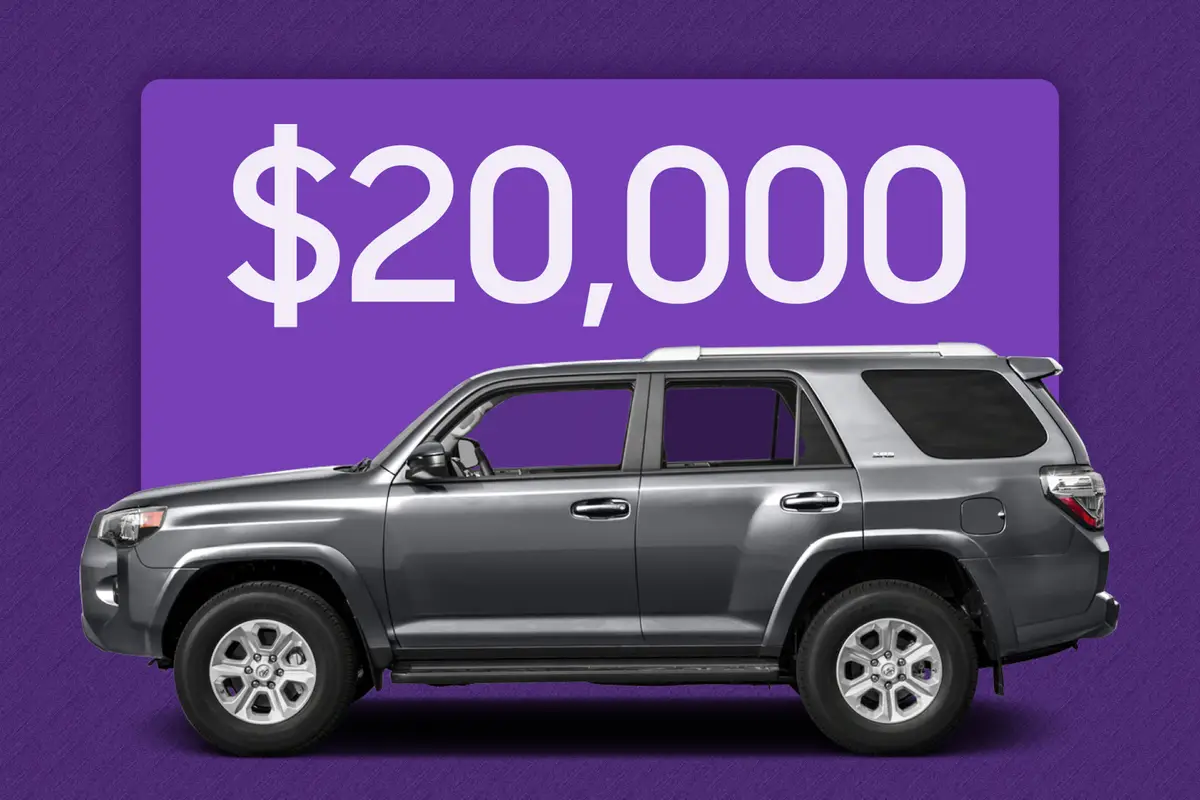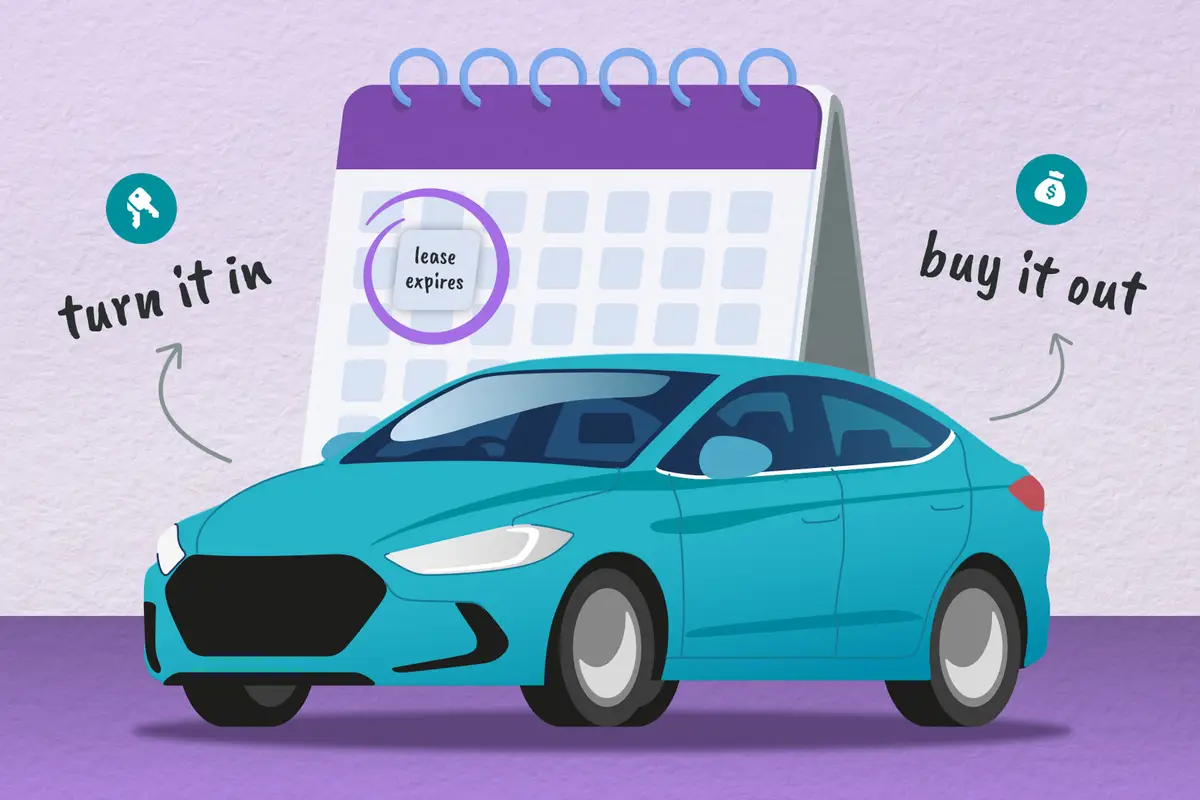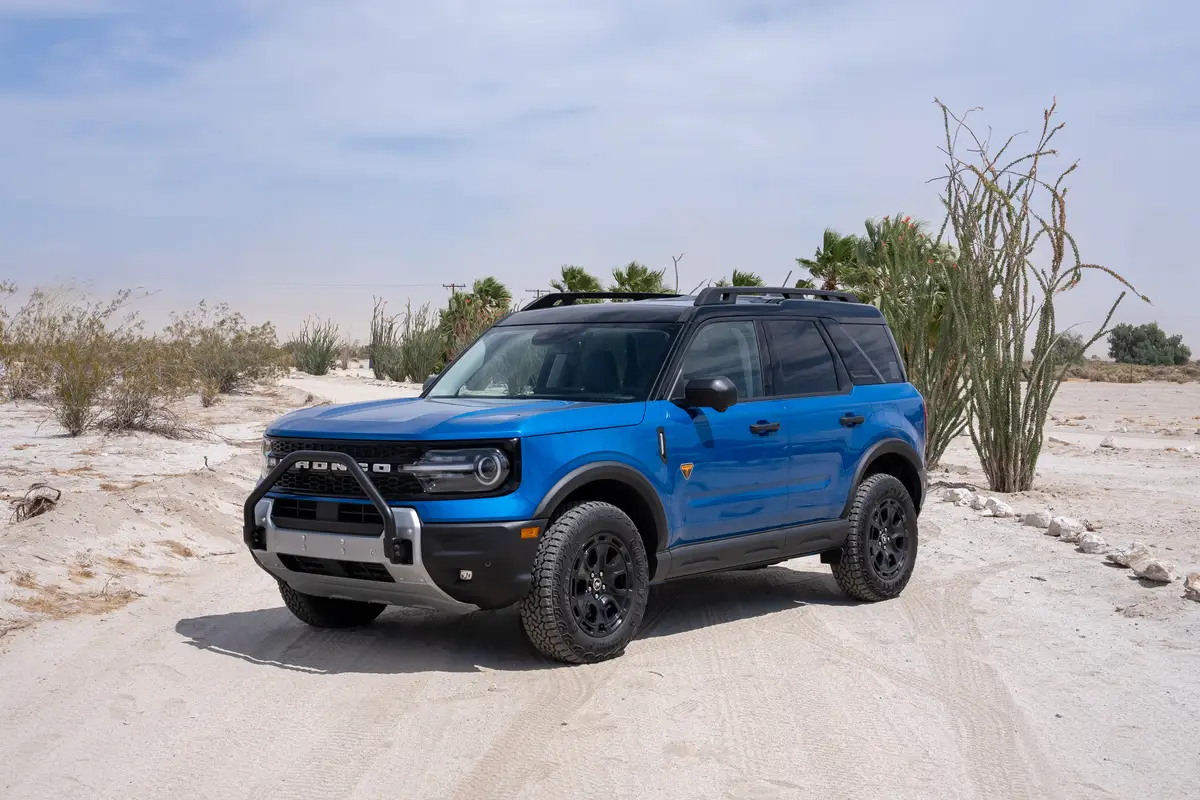Should Honda Build a Hybrid Ridgeline?
For years now, automakers have been trying to solve the puzzle of a hybrid pickup truck with little success. Hybrid pickups have been expensive to purchase compared to non-hybrid models, and they lacked a measurable gain in fuel economy, which caused consumers to pass on them. But what about a nontraditional pickup truck? Could a equipped with an in-house hybrid system be a success?
At first glance, a hybrid pickup doesn't make a lot of sense for traditional pickup buyers. For starters, hybrid powertrains use an electric battery pack and a small-displacement engine, which get depleted quickly under load when towing or hauling. And, as mentioned, they typically cost more than traditional gasoline powertrains and offer only marginal improvements in fuel economy.
Here's an example: Chevrolet offered a mild-hybrid system in the 2016 Silverado 1500 in California via its eAssist technology. This truck improved city/combined fuel economy by 2 and 1 mpg, respectively; the option cost an extra $500 without sacrificing any of the truck's capability. Sure, this sounded good, but Chevy expected this to be a low-volume experiment since it built only about 500; it has since expanded its plans to offer model-year 2017 Silverado 1500s with eAssist across the U.S., however. Earlier this year Ford announced it will offer a hybrid version of the , promising it will be available within five years. We'll be watching this development.
A Different Truckmaker
Honda is not like other truckmakers. The Ridgeline stands out among its peers as being, to put it bluntly, the "non-macho" version of a pickup. It doesn't brag endlessly about towing, hauling or torque numbers. Instead, it offers the versatility of a pickup bed — rated to carry 1,584 pounds (an RT all-wheel drive) and tow a 5,0000-pound trailer (AWD) — with the smooth ride of an SUV packaged with features such as a dual-action tailgate, in-bed audio, a multi-terrain system and hidden bed storage. The Ridgeline gets decent fuel economy with its front-wheel-drive models, returning an EPA-estimated 19/26/22 mpg city/highway/combined when equipped with the 3.5-liter V-6 engine.
This got us thinking … could this kind of pickup offer a true hybrid powertrain and be the first dual-powertrain success in the mid-size pickup class? In other words, are consumer expectations for the Ridgeline different enough that a hybrid version could become a sales success?
We think this could be a good strategy since Honda already has the powertrain available. Acura, Honda's luxury brand, introduced a hybrid powertrain into its SUV lineup in the form of the 2017 Acura MDX Sport Hybrid. It is the brand's first hybrid SUV; the powertrain was developed for the RLX sedan and used in the NSX supercar as well. It just makes sense that with this hybrid powertain's use in a sedan, supercar and SUV, Honda should be able to use it in the Ridgeline at a reasonable cost.
The MDX Sport Hybrid powertrain — available in AWD only — returns 31 horsepower more than the MDX V-6 gasoline version and improves the fuel economy to 26/27/27 mpg city/highway/combined. That's an increase of 8 mpg city, 1 mpg highway and 6 mpg combined over the AWD gasoline engine. This improvement comes with a $3,500 surcharge over the gasoline MDX with FWD. But we see the same cost differences between gasoline and diesel pickups. The Chevrolet Colorado serves as a case in point: Moving from the gas V-6 to the inline-four-cylinder diesel costs almost an additional $3,500. Imagine this new more powerful and efficient powertrain in the Ridgeline, which has a curb weight almost identical to the MDX.
Using the fuel-economy increases for the MDX Hybrid, a hybrid Ridgeline could easily deliver 311 horsepower (up from 280) and have an EPA-estimated fuel economy of 27/27/28 mpg city/highway/combined.
If the MDX Hybrid improvements held true for a Ridgeline hybrid, it possibly could beat the current mid-size fuel-economy champ, the Chevrolet Colorado with the turbo-diesel 2.8-liter engine. In extended- or crew-cab models equipped with the six-speed automatic transmission, the Colorado returns 22/30/25 mpg city/highway/combined for roughly the same $3,500 difference between a FWD gas and AWD hybrid MDX.
Is It Feasible?
During a recent pickup event, a top-level Honda engineer said Honda could add the engine to the Ridgeline with relatively little investment in engineering. Since the hybrid is already used in-house by a similarly sized vehicle with an almost identical engine bay, the front of the pickup would not have to undergo a substantial change. Of course, placement of the hybrid system's battery pack and electric motor poses a challenge.
Be that as it may, a hybrid Ridgeline could be a perfect fit for Honda as it continues to expand its brand to reach new-truck owners. By offering a compact hybrid pickup, Honda could capture a market niche in which other truckmakers have failed to succeed.
Since Honda's core products are cars and SUVs, a hybrid Ridgeline wouldn't have to be a big seller for the company to be considered a true success. And it might just force other truckmakers to rethink their current or future hybrid pickup plans.
Editor's note: This story was updated Aug. 17, 2017, to reflect that Chevrolet Silverado 1500s with eAssist are sold in all 50 U.S. states.
Manufacturer images

Featured stories




